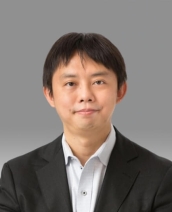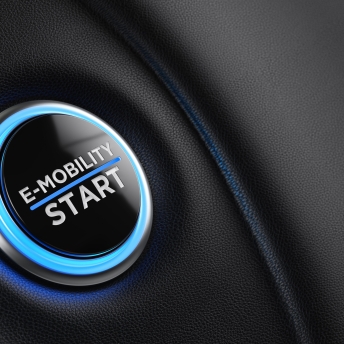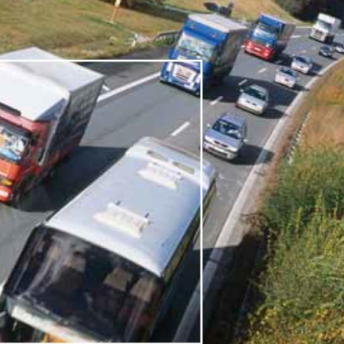Hiroto Suzuki
Hiroto specializes in business and technology strategy for manufacturing industries.

Areas of Focus
Education

Hiroto is a partner at our Tokyo office and heads our Global Automotive and manufacturing Practice.
His main field of expertise is providing support for corporate vision planning and strategy, business and technology strategy planning in automotive, mobility, industrial machinery, electronics, chemicals and other manufacturing industries. Other themes include organizational and operational reform design, as well as production, distribution and intellectual property (IP) management strategy.
In addition, Hiroto has extensive experience conducting business valuations, revitalization planning, growth-strategy planning and turnaround projects for financial institutions, private-equity funds and Japanese conglomerate (Shosha).

Will Chinese EV start-ups reshape the automotive industry?

The future of diesel engines

Airports 4.0

Powertrain at the Crossroads

Hiroto is a partner at our Tokyo office and heads our Global Automotive and manufacturing Practice.
His main field of expertise is providing support for corporate vision planning and strategy, business and technology strategy planning in automotive, mobility, industrial machinery, electronics, chemicals and other manufacturing industries. Other themes include organizational and operational reform design, as well as production, distribution and intellectual property (IP) management strategy.
In addition, Hiroto has extensive experience conducting business valuations, revitalization planning, growth-strategy planning and turnaround projects for financial institutions, private-equity funds and Japanese conglomerate (Shosha).

Will Chinese EV start-ups reshape the automotive industry?

The future of diesel engines

Airports 4.0

Powertrain at the Crossroads
More About Hiroto
- Tokyo UniversityMaster’s Degree in Mechanical Engineering
- Tokyo UniversityBachelor’s and Master’s degrees in Mechanical Engineering
